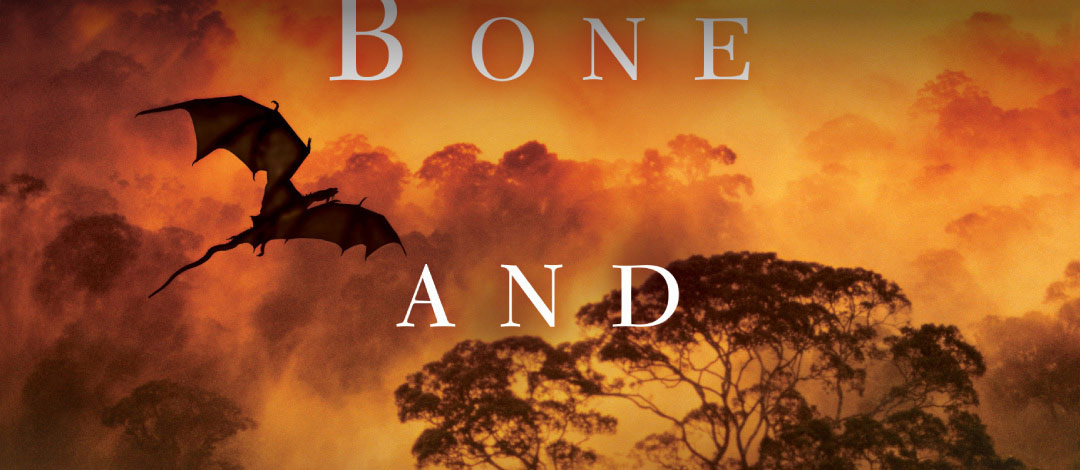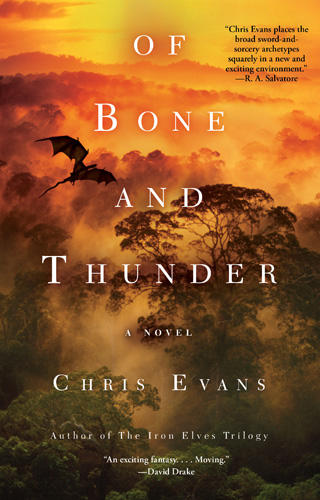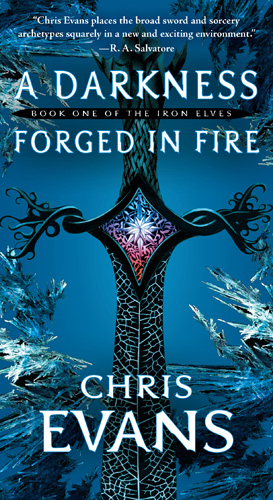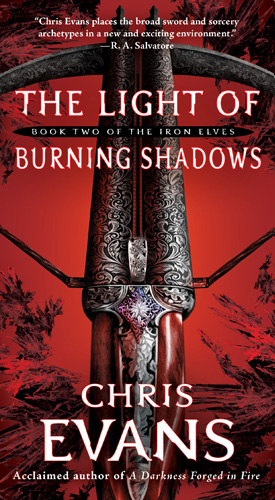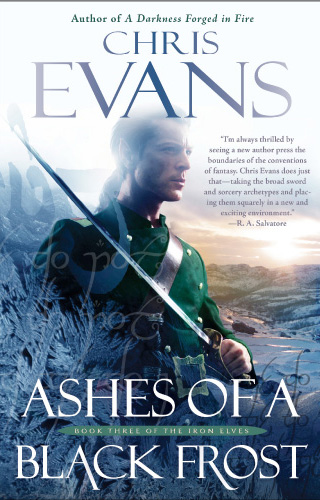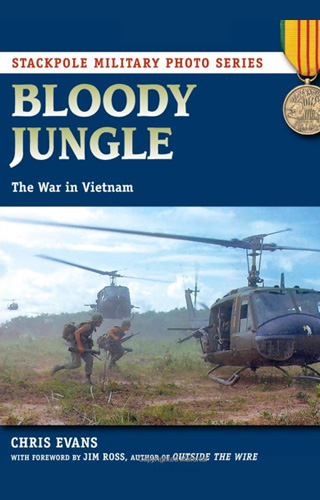Welcome to the inaugural interview at Six with Chris. The format is simple – six questions put to a publishing insider that will hopefully give everyone a better view on the state of publishing from someone deep in the heart of it. I plan to post an interview a week and will tweak the format as I go. If you have suggestions please feel free to contact me with them. I’d like this to be fun and informative.
I’m proud to introduce to you my very good friend, colleague, and legend (a young and vibrant legend I might add) in the science fiction and fantasy field, Shelly Shapiro. Shelly’s first job out of college was as editorial assistant to Ellen Asher, then editor of the Science Fiction Book Club. After 2 ½ years there, she went to interview with Judy-Lynn del Rey and Owen Lock of Del Rey Books, took the job of assistant editor, and never left. In 1998, after years of working with such science fiction authors as Anne McCaffrey, Arthur C. Clarke, Frederik Pohl, Larry Niven, Elizabeth Moon, Alan Dean Foster, Greg Bear, Julian May, and many others, she took over the Star Wars fiction program when the Star Wars license came back to Del Rey. Several years ago, she accepted the position of editor at large, which means she edits Star Wars almost exclusively (and the McCaffrey family) and can work from her new home in Maine.
1. Why did you choose publishing for a career?
I was a sort of teaching assistant in college, where I worked with writing students and found that I had a feel for editing and for working with authors. Curious, I attended the Denver Publishing Institute after college, where I learned more. When I came to New York, I was lucky enough to be able to get a job that allowed me to combine my love of science fiction with my interest in editing.
2. What’s the future look like for book publishing?
I don’t think I can answer that. Publishing is in flux right now, as technology changes the face of the entertainment, as well as the print industry. People’s leisure time is split among more options than ever, leaving less time for reading; at the same time, their interest becomes geared more toward the audio-visual and electronic formats, and attention spans shorten. I think books will always be there in one form or another, but I’m not going to try to predict exactly where and how it will end up. I do think there’s going to be a fair amount of ups and downs in book publishing for the foreseeable future, making careers in the business—whether in publishing or in writing—more unpredictable than ever.
3. What advice would you give someone looking to follow in your footsteps?
See #2, above. Then make up your own mind. If you love storytelling (and this applies to nonfiction as well as to fiction) and you can be creative, open minded, and willing to risk a bumpy ride, then by all means seek an entry-level position with a publishing house. If you feel rigid about what books should be, if you want a stable, predictable career, then maybe you should be looking for a job somewhere else and letting your love of books remain a leisure activity.
4. What author or publishing insider living or dead would you like to meet and why?
I guess it’s really unoriginal, but I’d love to talk to Maxwell Perkins* about editing. I’d also love to be able to apologize to Stephen King for my youthful years of misplaced snobbishness! Boy, was I wrong about that!
*Note: Maxwell Perkins is a publishing legend, having edited the works of such literary giants as Ernest Hemingway, F. Scott Fitzgerald, and Thomas Wolfe.
5. If stranded on a desert island without the cast of Lost (or the S.S. Minnow,) what five books would you want to have with you?
If I can’t have the cast of Lost, then I might as well just swim out to oblivion. Just kidding—I wouldn’t even have thought of that if you hadn’t asked it! But choosing five books is next to impossible for me. Especially when so many of my favorites are parts of series, and I’d want the whole series. Susan Cooper’s The Grey King and The Dark is Rising definitely come to mind. I could probably read Diana Wynne Jones’s Howl’s Moving Castle and Fire and Hemlock a few more times with enjoyment. Something by Alice Hoffman would be nice, though I’m not sure about how many times I’d want to reread those, no matter how much I absolutely adore them the first time or two. The Stories of Ray Bradbury would be a good one. There are a lot of books that I’d be happy to have for a relatively short time, but I’m not sure there are any particular five that would keep me sane if no one were to arrive to rescue me in a few months!
6. Why do books matter?
Many reasons. The act of reading exercises the brain and eyes (well, except for maybe risking eye strain!). The act of imagining exercises the brain and the soul. Escape is good; food for thought is nourishing; experiencing—even vicariously—other emotions, events, personalities is expanding. I know that all sounds corny, but it’s all true.
Thank you, Shelly!
